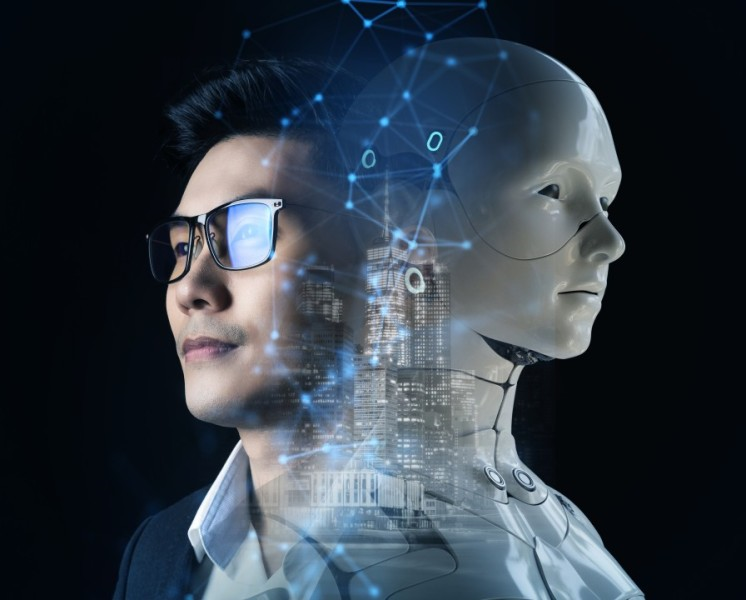By Shahin Amiri
As the world continues to become more reliant on technology, the field of project management has seen considerable growth in recent years. However, the rise of artificial intelligence (AI) has brought about new challenges and opportunities for project managers.
The integration of AI into project management has allowed for greater efficiency, accuracy, and cost-effectiveness. AI technology can automate tedious tasks, such as data collection and analysis, allowing project managers to focus on more strategic decision-making. In addition, AI can provide real-time insights and alerts, enabling project managers to receive information faster and act more quickly.
However, the use of AI in project management also presents new challenges. Project managers must now have a deep understanding of AI and its capabilities in order to effectively incorporate it into their projects. They must also ensure that AI is used ethically and remains transparent enough for stakeholders to understand and trust.
As artificial intelligence (AI) continues to rapidly transform various industries and enhance key processes, its impact on project management has become increasingly significant. Indeed, the application of AI to project management has proven to be an effective way of improving project outcomes, reducing costs, enhancing speed, and managing risks.
The rise of AI has made it possible to automate and optimize different project management tasks, such as planning, scheduling, resource allocation, and risk management. With AI-powered tools, project managers can access real-time data and insights that help them make informed decisions, identify potential problems, and take corrective actions swiftly. Moreover, AI technologies can learn from historical data to predict outcomes, recommend strategies, and optimize workflows to ensure that project targets are met on time and within budget.
One of the most significant benefits of AI in project management is the ability to improve collaboration and team coordination. AI-powered collaboration tools can streamline communication, automate status updates, facilitate real-time feedback, and ensure that all team members are aware of their responsibilities and priorities. This increased transparency and communication can lead to better project outcomes, increased productivity, and better stakeholder engagement.
In addition, AI is transforming risk management by identifying risks and opportunities earlier in the project lifecycle. Machine learning algorithms can analyze historical data and patterns to identify potential roadblocks and recommend preventive measures. AI can also help predict changes in the project environment and identify potential problems that could arise during the project. By proactively identifying risks, project managers can take steps to mitigate them and minimize their impact on the project.
However, integrating AI into project management requires careful planning and execution. It is crucial to ensure that the AI-powered tools are aligned with the project’s objectives and goals. Furthermore, the adoption of AI may require the training of project teams to use them effectively. Additionally, AI may replace some of the duties traditionally performed by project managers. Project managers need to learn to adapt to the changing landscape and also acquire the necessary skills to leverage AI-powered tools more efficiently.
In conclusion, the integration of AI into project management is inevitable. It’s clear that AI will continue to provide innovative and data-driven insights that can improve project outcomes, cost efficiency, and team collaboration. The Project Managers who embrace these emerging trends and invest in AI-powered tools will be better equipped to manage projects in the AI era. Consequently, project managers should continuously explore and adopt new AI technologies to stay ahead of the competition and achieve project success.
